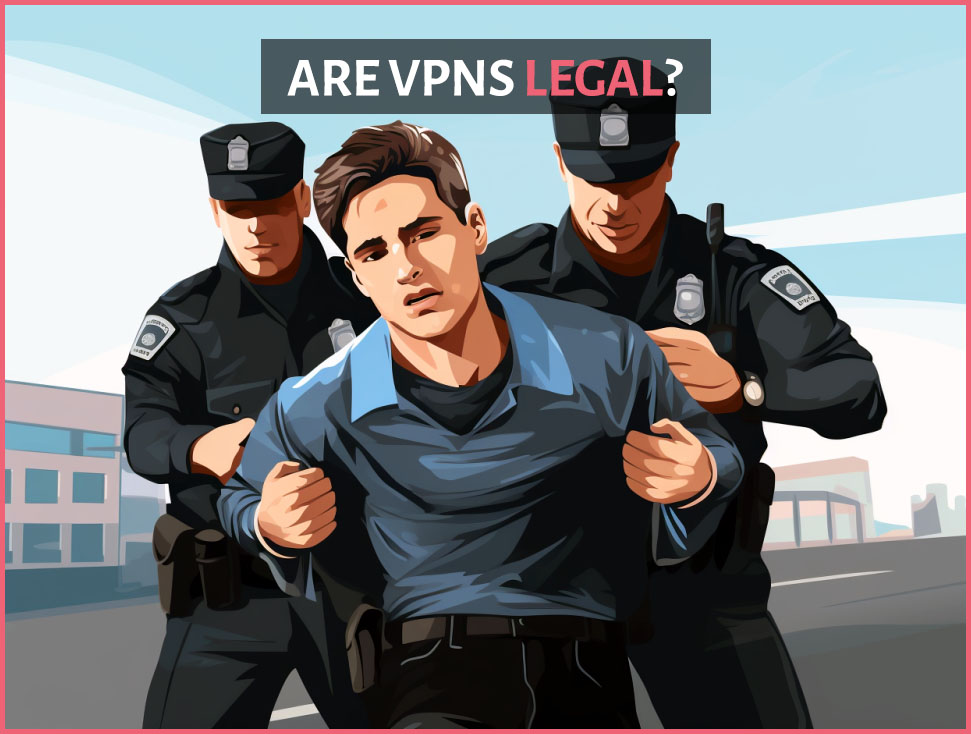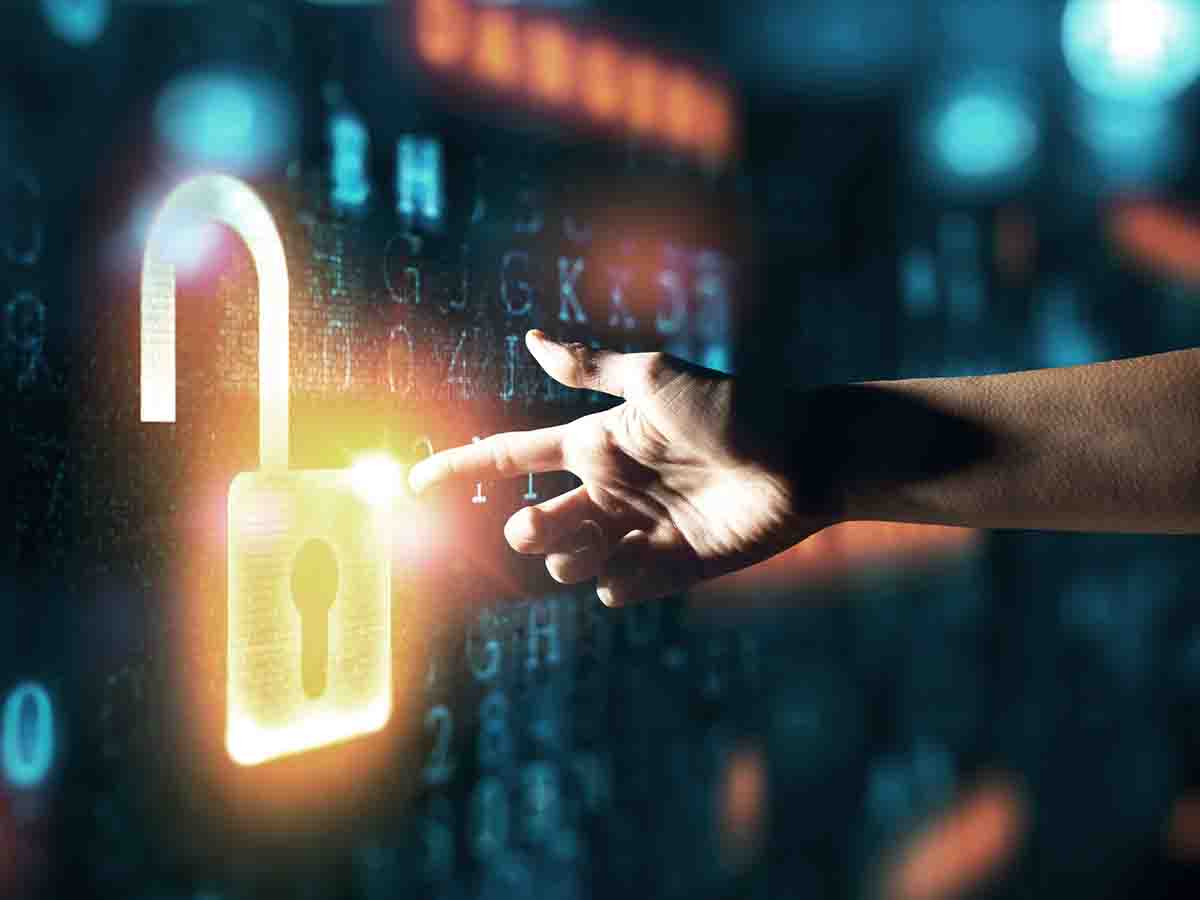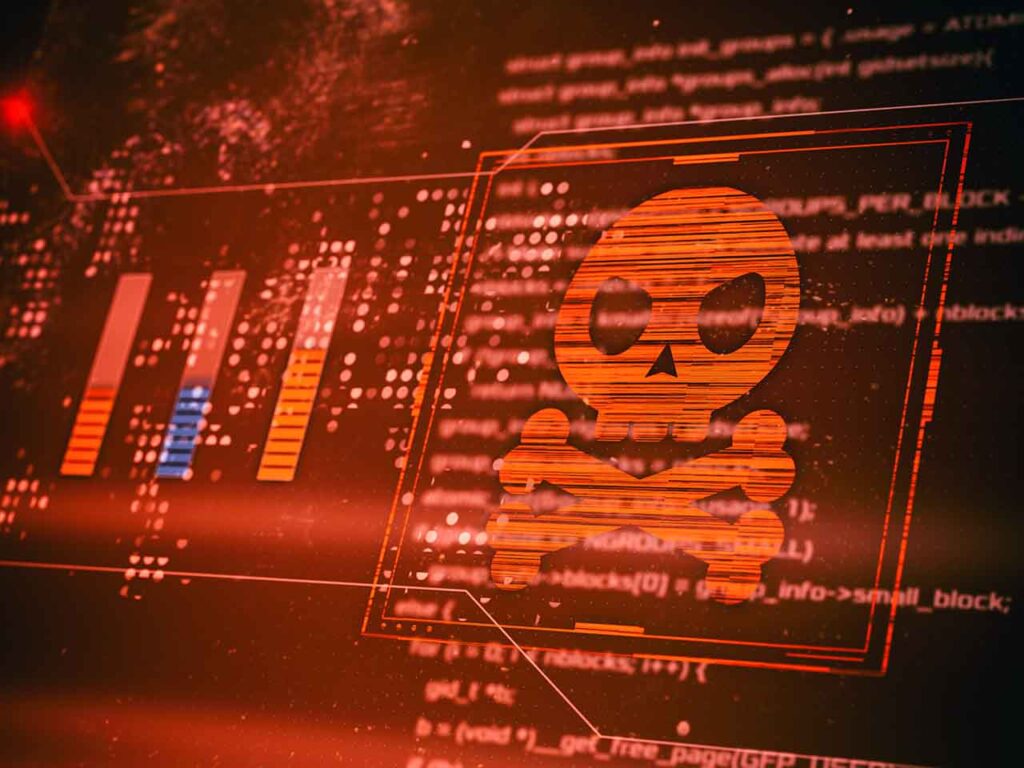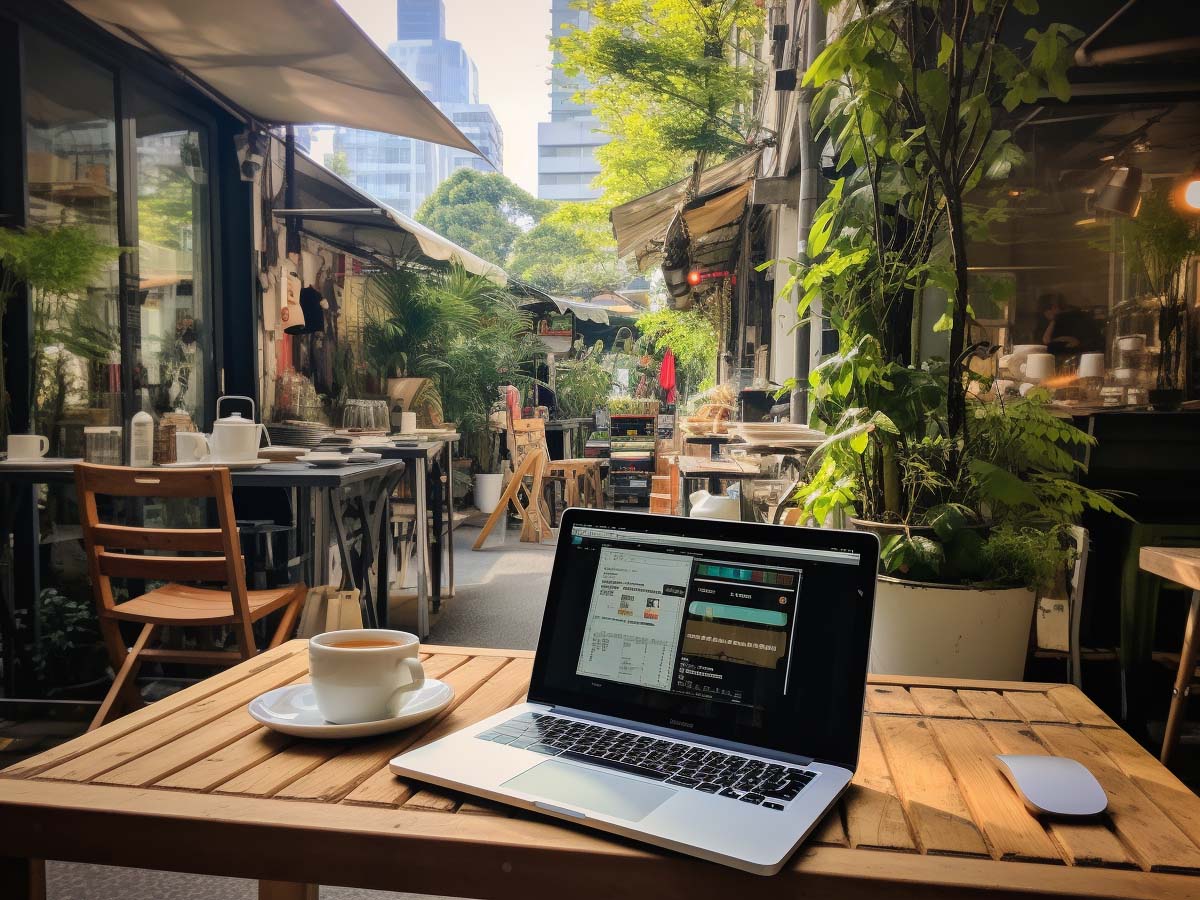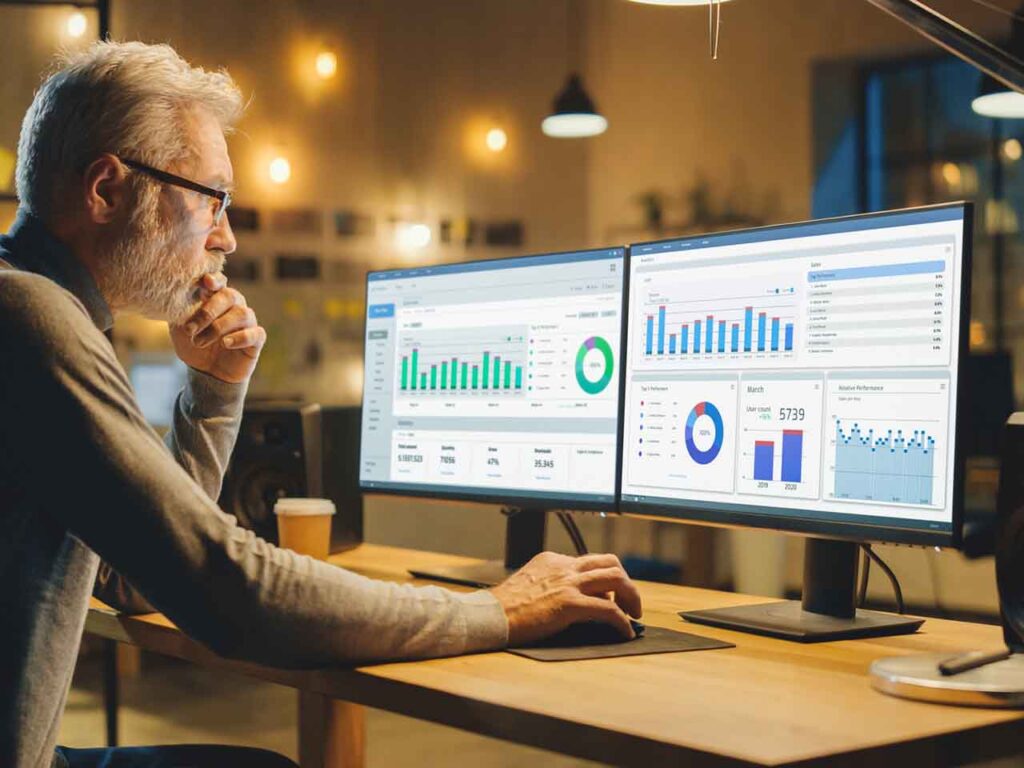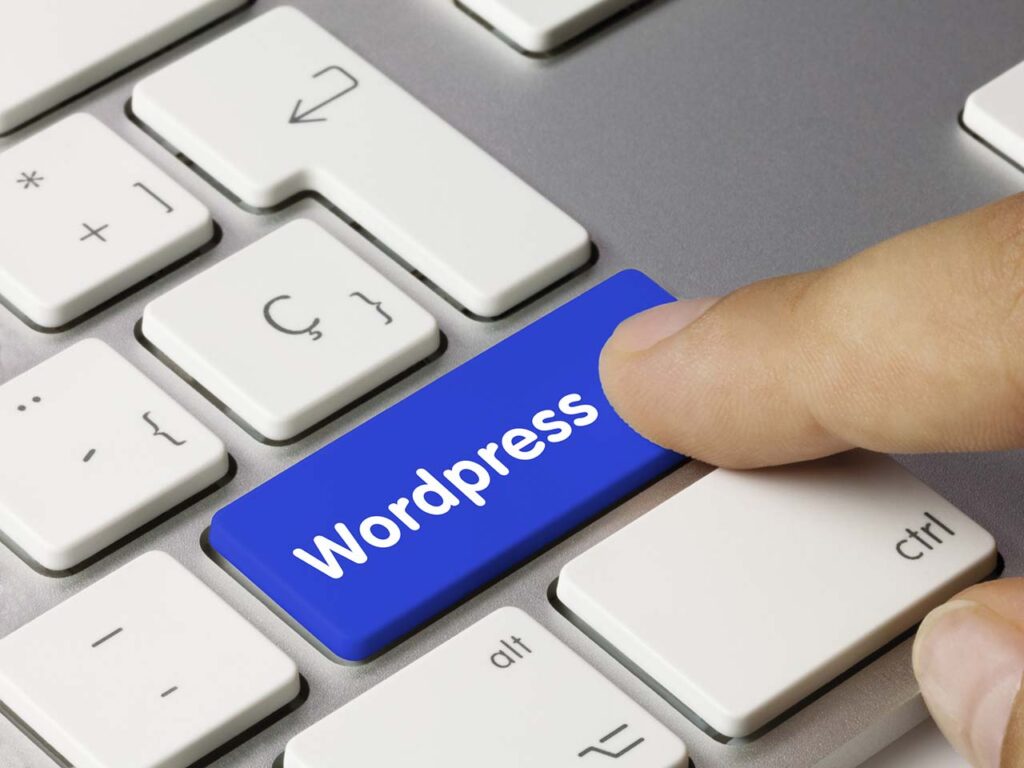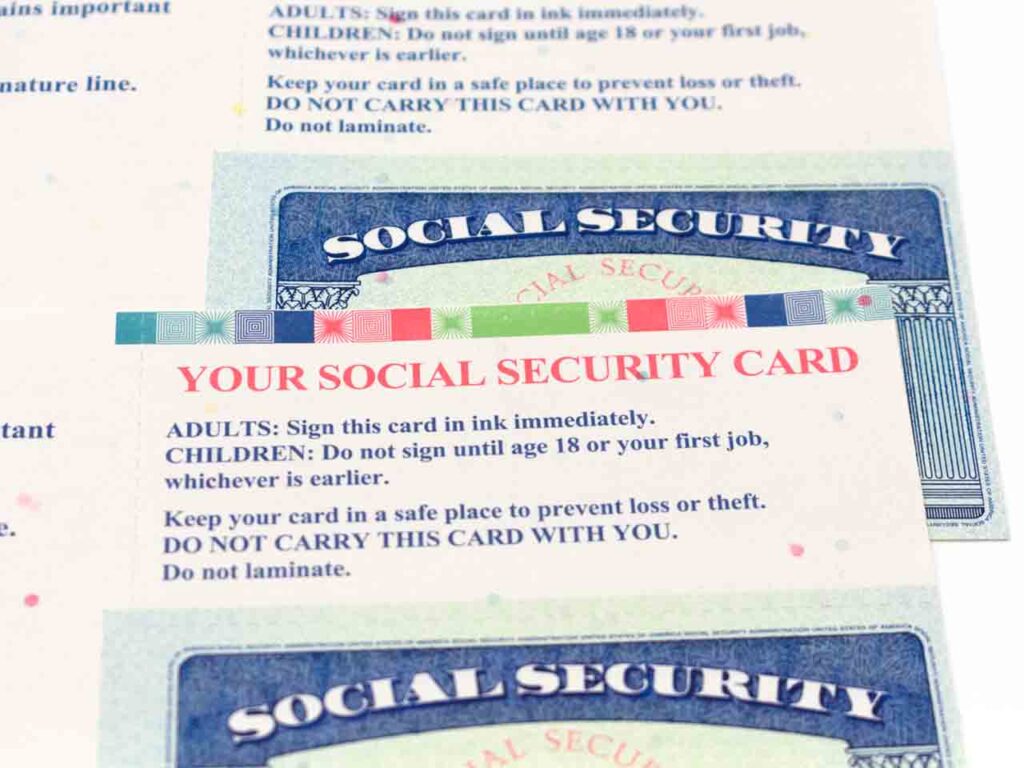Looking to fly under the radar on the internet? Funneling all your digital activities via a Virtual Private Network, or VPN, is one of the savviest steps you can take. But is it lawful? The short answer is yes, in most countries, but like with any regulation, there are important exceptions worth noting.
A VPN, or Virtual Private Network, is a tool that helps protect your privacy and secure your data on the internet by masking your IP address and encrypting your internet traffic. From a legal perspective, it’s similar to any other tool or software you might use on your computer. There’s no universal law against using VPNs.

Stay One Step Ahead of Cyber Threats
That being said, the legality of VPNs can vary from country to country. In places like the United States, Canada, and the United Kingdom, using a VPN is perfectly legal. However, there are some countries, like China, Russia, and North Korea, where VPN usage is restricted or heavily regulated.
It’s also worth noting that while the use of a VPN is legal, what you do while using a VPN can still be illegal. For instance, accessing geo-restricted copyrighted content, or engaging in illegal activities over a VPN, is still considered illegal.
Do VPN Providers Maintain Logs of Your Activity?
When it comes to the question of whether VPN providers maintain logs, it’s important to understand that different VPN services have different policies.
Let’s take a look at NordVPN and ExpressVPN, two of the most popular VPN services.
NordVPN has a strict no-logs policy. This means they do not track, collect, or share your private data. They don’t record your IP address, the websites you visit, the files you download, or the time or duration of your activities. Their policy is quite clear on this front.
ExpressVPN also has a stringent no-logs policy. They do not see or record which websites you visit. They don’t log the IP addresses you use to connect to the VPN, the IP addresses you reach, or any information about the contents of your VPN traffic. In essence, they offer a trusted and private connection.
While both services claim not to maintain logs, you should always read the terms of service and privacy policy of any VPN you use to understand the specifics of their logging policy. In the end, you’re trusting these services with your internet traffic, so it’s important to understand exactly what they do and do not log.
In Which Countries Are VPNs Illegal?
Here’s a list of 15 countries where VPN use is either illegal or restricted:
| Country | Status of VPN Use |
|---|---|
| China | Restricted |
| Russia | Restricted |
| North Korea | Illegal |
| Iran | Restricted |
| Iraq | Illegal |
| Belarus | Illegal |
| Oman | Restricted |
| United Arab Emirates | Restricted |
| Turkey | Restricted |
| Pakistan | Restricted |
| Turkmenistan | Illegal |
| Uganda | Restricted |
| Vietnam | Restricted |
| Saudi Arabia | Restricted |
| Syria | Restricted |
Please note “Restricted” means that the use of VPNs is allowed only under specific conditions or that the VPN services are heavily regulated by the government.
“Illegal” means that the use of VPNs is completely banned in the country.
The list can vary as laws and regulations change, so always check the most recent updates if you plan to use a VPN while traveling.
Can the FBI Track You With a VPN? (Video)
In Which Countries Are VPNs the Most Popular?
The popularity of VPNs can be gauged based on the percentage of internet users in a given country who use VPNs.
| Country | Percentage of Internet Users Using VPNs |
|---|---|
| Indonesia | 61% |
| India | 45% |
| Turkey | 43% |
| China | 41% |
| Malaysia | 39% |
| Saudi Arabia | 36% |
| Brazil | 35% |
| Vietnam | 35% |
| UAE | 34% |
| Philippines | 34% |
| Thailand | 31% |
| Argentina | 30% |
| Mexico | 29% |
| South Korea | 29% |
| Taiwan | 28% |
Why Is VPN Use More Popular in Some Countries?
VPN use is driven by a variety of factors.
One of the main reasons is the need to bypass censorship. Some Governments are known to impose restrictions on access to certain websites, including popular social media platforms and other content perceived as inappropriate or harmful. VPNs enable users to evade these limitations by connecting to a server in another country where such sites are not blocked.
In addition, privacy concerns also contribute to the prevalent use of VPNs. By masking a user’s IP address and encrypting their internet connection, VPNs offer an added layer of security, making it harder for third parties to track online activities.
Moreover, the desire to access geographically restricted content plays a significant role. Certain websites and streaming services limit access based on geographical location, but VPNs can overcome this hurdle by allowing users to connect to servers in different countries. This feature is beneficial for folks who wish to access content from regions such as the US or Europe.
Finally, the protection VPNs provide on public Wi-Fi is a significant draw. Public Wi-Fi networks often pose several security risks, including potential eavesdropping on internet activity or data theft. By encrypting this data, VPNs significantly reduce these risks.
Does a VPN Protect You From Being Tracked?
VPNs (Virtual Private Networks) can greatly enhance your privacy and security on the internet by encrypting your data and masking your online activities. When you use a VPN, your internet traffic is sent through an encrypted tunnel to a server operated by the VPN company, and then it goes out to the rest of the internet, making it harder for others to see what you’re doing online.
However, while a VPN can make it more difficult for law enforcement (or anyone else) to track your online activities, it’s not a foolproof method. Here’s why:
- VPN Provider Logs – Some VPN providers keep logs of users’ activity. If these logs are subpoenaed by law enforcement as part of an investigation, they could potentially be used to track your activities.
- “Leaky” VPNs – Not all VPNs are created equal, and some have security flaws that could allow information about your activities or your real IP address to “leak” out. This could potentially allow you to be tracked, particularly if you are the target of a focused investigation.
- Global Surveillance Alliances – Countries that are part of global surveillance alliances, such as the Five Eyes (United States, Canada, the UK, Australia, and New Zealand), Nine Eyes, and Fourteen Eyes, share intelligence information with each other. If you’re in one of these countries, it’s possible that your data could be accessed through this intelligence sharing.
- Malware – If your device is compromised by malware, a VPN will not prevent someone from tracking what you’re doing. Advanced persistent threats (APTs) can be used to monitor a device’s activity in detail, even if a VPN is in use.
- Traffic Correlation Attacks – This is a more sophisticated method, but in theory, if an entity such as a government or a powerful adversary could observe both the traffic entering the VPN server and the traffic exiting the VPN server, they could use statistical analysis to correlate the timing and volume of traffic on both sides and identify individual users.
So, while VPNs can provide an additional layer of security and privacy, they’re not completely impervious to tracking, especially when facing powerful adversaries like law enforcement or intelligence agencies.
Conclusion
If you’re using a VPN to enhance your online privacy and security, you’re likely in the clear. But as always, it’s a good idea to understand the specific laws and regulations in your own country or any country you may be visiting. Remember, a VPN is a tool, and like any tool, it’s the usage that determines its legality. So, use your VPN responsibly.
"Amateurs hack systems, professionals hack people."
-- Bruce Schneier, a renown computer security professional
